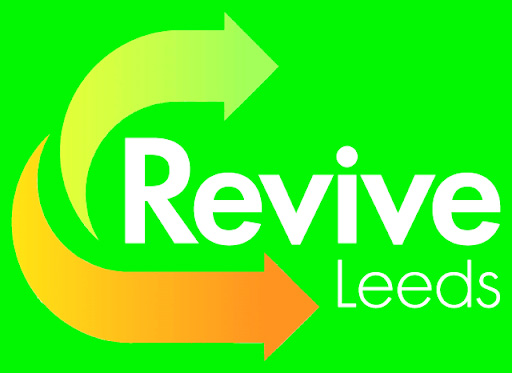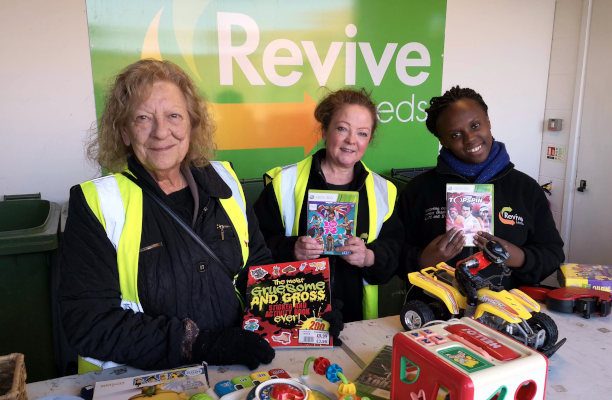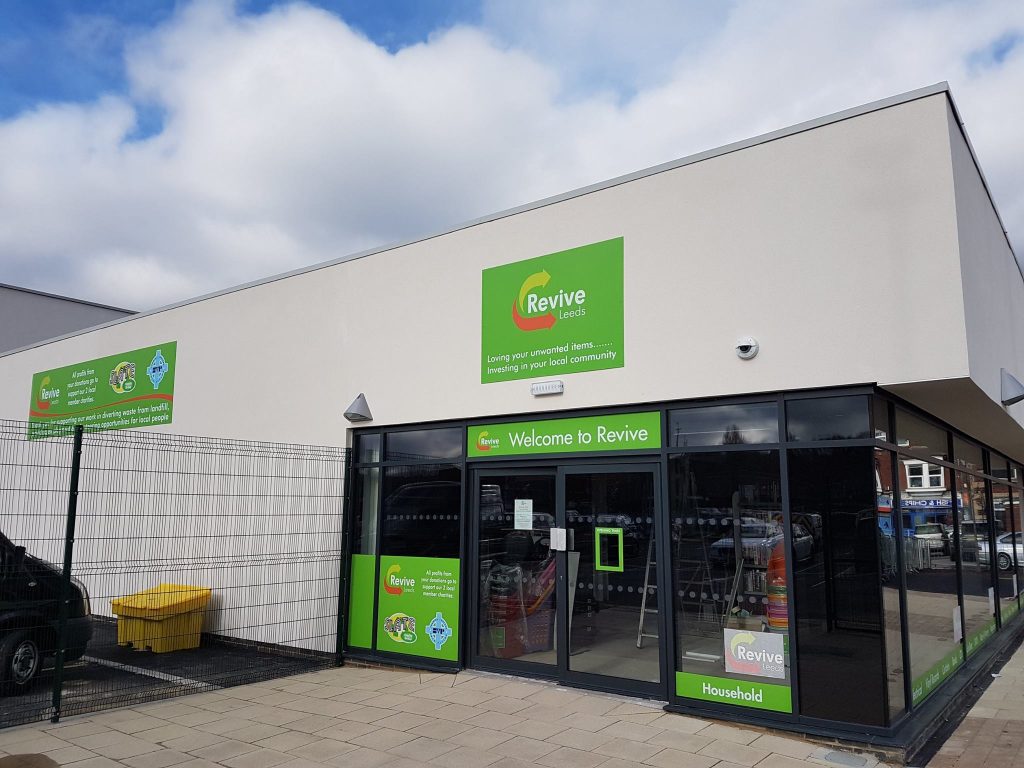Lets work together



Suite 3A, Chapel Allerton House, 114 Harrogate Road, Leeds, LS7 4NY
ukinfo@integrated-skills.com
+44 (0) 3300 888 670

As discussed in a recent webinar, Leeds City Council have opened two successful re-use shops at HWRCs around the city. How is a retailer like this managed? What are the practical implications to running the shop?
One of our guests was Louise Megson, one of the consulting directors at these sites. She clarified the importance of the social element and how it affects the local community; from the great value of their products to the employment of permanent staff and volunteers from nearby and disadvantaged backgrounds.
The shops sell a wide variety of goods. Clothes, books, board games, furniture, small white goods and other electrical items as well as computer games and music in various formats. But the best sellers are bric-á-brac; art, souvenirs, decorative items the one might find on a mantelpiece and clothing.

The volume of reusables gathered means that broad rules have to be applied when pricing the individual items; for example, all items of clothing are sold at £1, apart from coats at £2 – for the most part. Some items that are deemed to be collectable or particularly desirable are posted on their Ebay profile and earn a few more pounds for the project. If there is a flurry of the same or similar items, there will be a sale – 3 items for £1 for example.
Revive conduct testing and repairs where possible with a large array of electrical items. Productivity is key. However, unless the item is of particular value, more time than is necessary will not be spent finding solutions. On the same theme, up-cycling furniture is not a service that Revive can conduct due to time restraints. Louise states ‘we do however, sell locally recycled paint so that people can “project” buy items for their own up-cycling. We also direct people to up-cycling courses locally as and when they happen.’
In Leeds, the sites with a Revive Shop had ample space for a purpose built unit with specifications provided by professional retailers. There are plans to trial an off-site re-use shop in Kirklees so watch this space.

Some HWRCs do not have space for a re-use shop so, Revive supply a container to collect reusable goods. A local charity regularly makes collections and sells the contents their own benefit.
The cost of constructing the first shop was around £200,000 and the second cost around £600,000 – these prices budgeted for redevelopment work on the sites, the second site requiring more. But the second site was much easier to get through planning at the council, having seen such success with the first. The second site was expected to recoup within 18 years, 7 short of the standard 25. Louise states in the webinar that the shop returned £128,000 to the council in year 2019-2020, which should see total recuperation within 6.5 years, a third of the expected 18.
There are 30 employed staff and lots of volunteers at the shops. In 2019-2020, 1.3 million items were sold, amounting to around a £1m turnover.
Would you like to know more about Opening a Re-Use shop at your HWRC? Fill in your details below and let us know how we can help.
Website Designed & Built by we are CODA